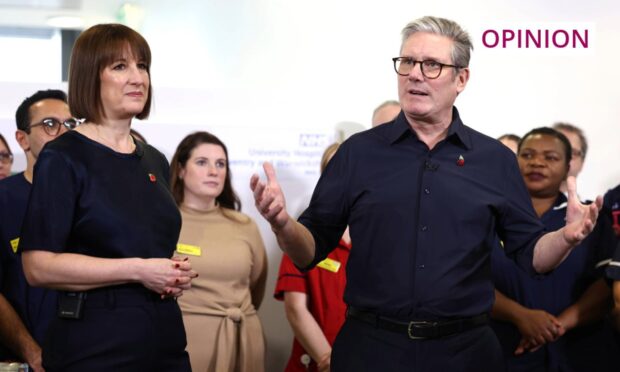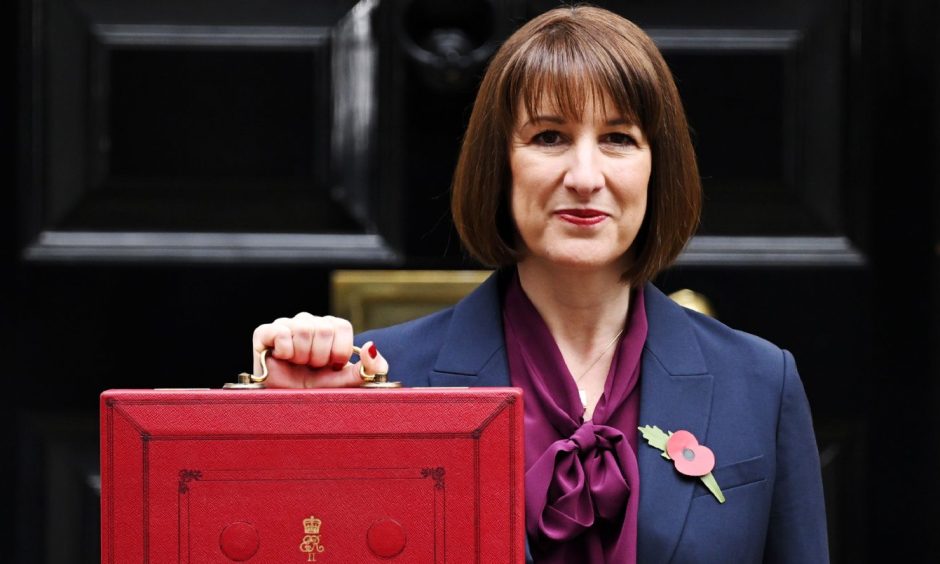Every budget is one with winners and losers, but Chancellor Rachel Reeves faced an extra challenge as she delivered the first Labour budget in 14 years.
Her tax and spend plans were firmly rooted in necessity. As she admitted, this was not the programme she had wanted to set out.
But a sluggish economy struggling to rebound from Covid-19, war in Europe and crippled public services all left Ms Reeves with few options.
Her party had promised change. A hesitation to raise revenue quickly and invest in starved public services would not have been quickly forgiven.
Public services investment welcome
And so the large-scale investment in the public sector should be welcomed. The Scottish Government will receive billions of pounds extra for its budget and that money must be spent wisely.
So too should the commitment to ensuring Dundee and Arbroath each receive the £20 million levelling up cash promised to them before the election be welcomed.
The Courier has revealed the human face of the waiting list crisis inside the NHS and the SNP government should make ending this suffering an immediate priority.
Despite the investment being welcome, Ms Reeves’ tax rises demand a lot from business. Critics say the hike in employer’s National Insurance contributions, which will boost the public purse by £25 billion, is a risky gamble.
It allows Labour, which boxed itself in on tax rises pre-election, to say the tax burden on the average worker has not increased. But we shouldn’t pretend that it’s only the mega-rich who will pay.
At The Courier’s recent Business Awards, the resilience and vibrancy that powers the Tayside and Fife economy was on display.
Local business nervous about tax hikes
These are not huge corporations but are nevertheless the backbone of many local communities. And they are nervous about the National Insurance hike, with fears it could force them to pause expansion plans or pass on the hit through delayed salary increases.
Changes to the rules on inheritance tax will also have an impact on many in Tayside and Fife.
Agricultural property has been passed on to heirs tax-free for decades, but a 20% tax on estates worth over £1 million will now be payable.
Small to medium scale farmers, who are often land-rich and money-poor, have been left shocked and considering their future.
It makes sense that political insiders view this as the one change the Chancellor is most likely to walk back on.
Any budget by any government is a tale of winners and losers.
When the Chancellor of the Exchequer takes to their feet, they know the aim is to move as many to the “win” column as possible.
Rachel Reeves must now convince those who’ve lost out that the sacrifice is worth it.












Conversation